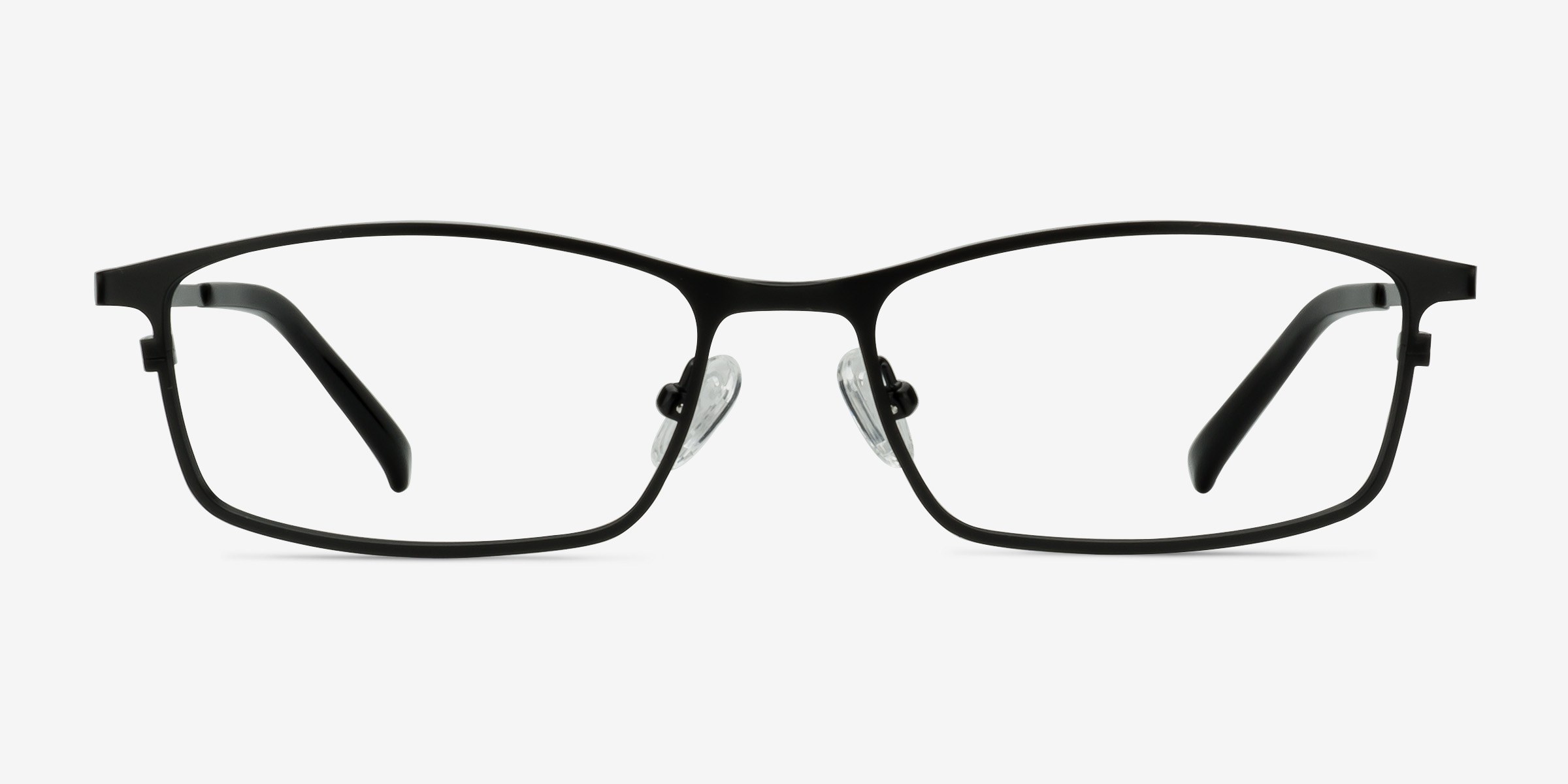If you’ve ever experienced a red, itchy rash on your nose or behind your ears after wearing your glasses, you may be experiencing an allergic reaction to your glasses frames.
In this post, we’ll explore the causes of nickel allergies related to glasses frames and offer tips for managing and avoiding these reactions.
(This page contains affiliate links. OGR may receive compensation if you click a link and make a purchase.)
Nickel Allergy and Glasses

Nickel is a common metal used in many everyday objects, including glasses frames. While some people have no reaction to nickel, others can develop an allergy to the metal over time.
The allergic reaction, known as contact dermatitis, is a common skin condition that occurs when your skin comes into contact with an irritant or allergen.
This can lead to redness, itching, and inflammation, and in some cases, blisters or swelling.
For those with a nickel allergy, skin that comes into contact with jewelry or eyeglasses containing nickel can trigger an immune response.
How To Avoid Glasses With Nickel
If you’re allergic to nickel and need to wear glasses, choose frames that don’t contain any nickel. Here are a few options to consider:
Titanium Frames
Titanium is a lightweight, strong, and durable metal that is hypoallergenic, making it a great option for those with nickel allergies.
When shopping for titanium frames, look for frames labeled “pure titanium” to ensure that they don’t contain any other metals that may trigger an allergic reaction.
Some titanium alloys are also nickel-free, though others may contain some amount of nickel. Since it’s hard to know whether a titanium alloy pair of glasses contains nickel or not, choosing pure titanium is usually your best bet.
Titanium frames are generally more expensive than other metals, though you can find some budget-friendly titanium glasses online.
Stainless Steel Frames
While stainless steel may contain small amounts of nickel, it is typically much lower than the amount found in monel or nickel frames, making it a good option for those with mild nickel allergies.
Where possible, choose frames that are labeled “hypoallergenic” or “nickel-free” to ensure that they are safe for your skin.
Plastic Frames

If you decide to stay away from metal frames altogether, plastic frames may be a good choice. Plastic frames are typically lightweight, affordable, and come in a variety of styles and colors.
Do note that some plastic frames may contain other types of allergens, such as latex or formaldehyde, so be sure to choose frames that are labeled hypoallergenic or non-toxic.
Coating and Accessories
In addition to choosing hypoallergenic frames, you can also take advantage of protective coatings and accessories designed to minimize skin irritation and allergic reactions.
Protective Coatings
Some glasses frames come with a protective coating that can help reduce the risk of skin irritation or allergic reactions.
This can be particularly beneficial for individuals with nickel allergies or sensitive skin.
When shopping for glasses, inquire about any available coatings or treatments that can help prevent allergic contact dermatitis.
Hypoallergenic Accessories
There are hypoallergenic accessories available that can make wearing glasses more comfortable for people with nickel allergies or sensitive skin. For example:
- Silicone nose pads: These can be attached to the glasses to provide a cushion between the metal frames and your skin, reducing direct contact with potential allergens.
- Ear hooks or sleeves: These can be added to the temple arms of your glasses to prevent skin contact with any metal parts.
By combining hypoallergenic frames with protective coatings and accessories, you can further minimize the risk of allergies and discomfort while wearing your glasses.
Tips For Dealing With Skin Irritation From Glasses
If you’re experiencing skin irritation or allergic reactions from your glasses, there are a few things you can do to manage your symptoms and avoid discomfort. Here are some tips to consider:
Clean Your Glasses Regularly

One of the most common causes of skin irritation from glasses is the buildup of dirt, sweat, or oils on the frames.
To prevent this, be sure to clean your glasses regularly using a gentle cleanser and warm water. Avoid using harsh chemicals or abrasive materials that can scratch or damage your frames.
Use a Hypoallergenic Cleaner
If you have sensitive skin, choose a hypoallergenic cleaner that is free from harsh chemicals and fragrances.
Look for cleaners that are specifically designed for eyeglass frames and are labeled hypoallergenic or non-toxic.
Apply Over-The-Counter Creams or Ointments

If you’re experiencing itching, redness, or inflammation from your glasses, over-the-counter creams or ointments may help soothe your skin.
Calamine lotion, aloe vera gel, or hydrocortisone cream are good options to help reduce inflammation and itchiness.
See a Dermatologist
If you’re experiencing severe or persistent skin irritation from your glasses, make an appointment to see a dermatologist for further evaluation and treatment.
Your dermatologist can help identify the underlying cause of your symptoms and recommend a treatment plan that is tailored to your needs.


